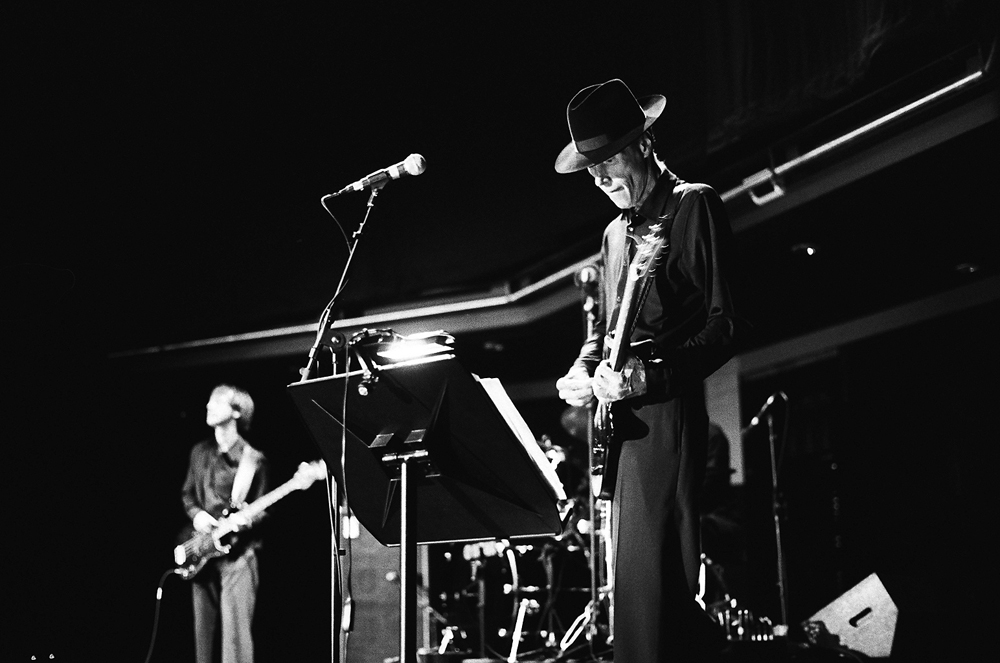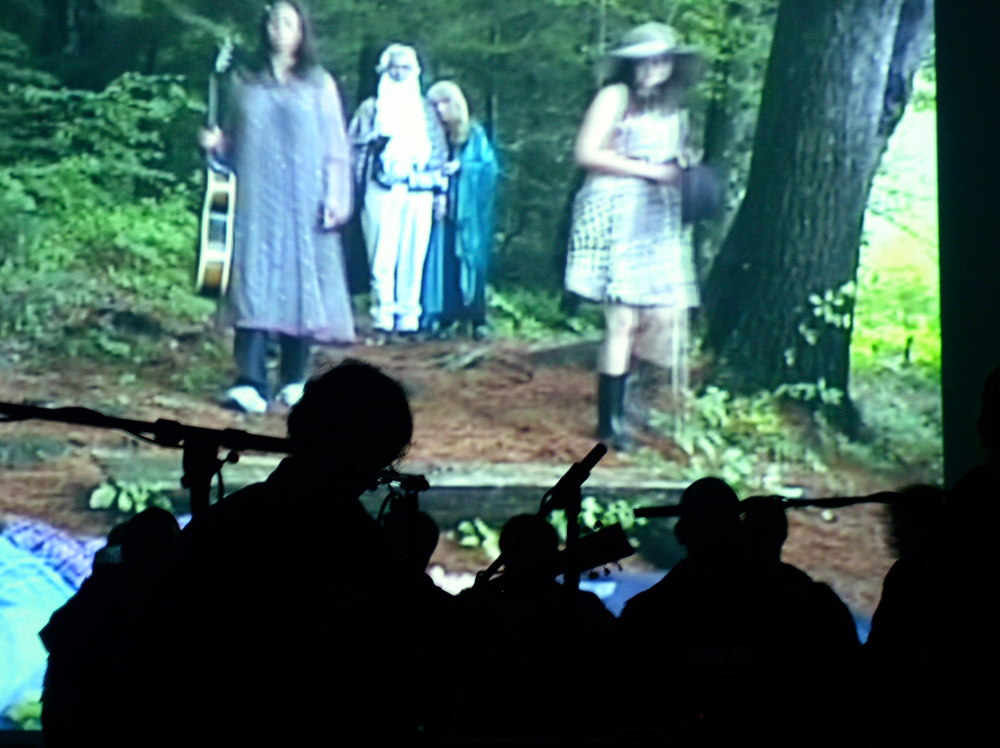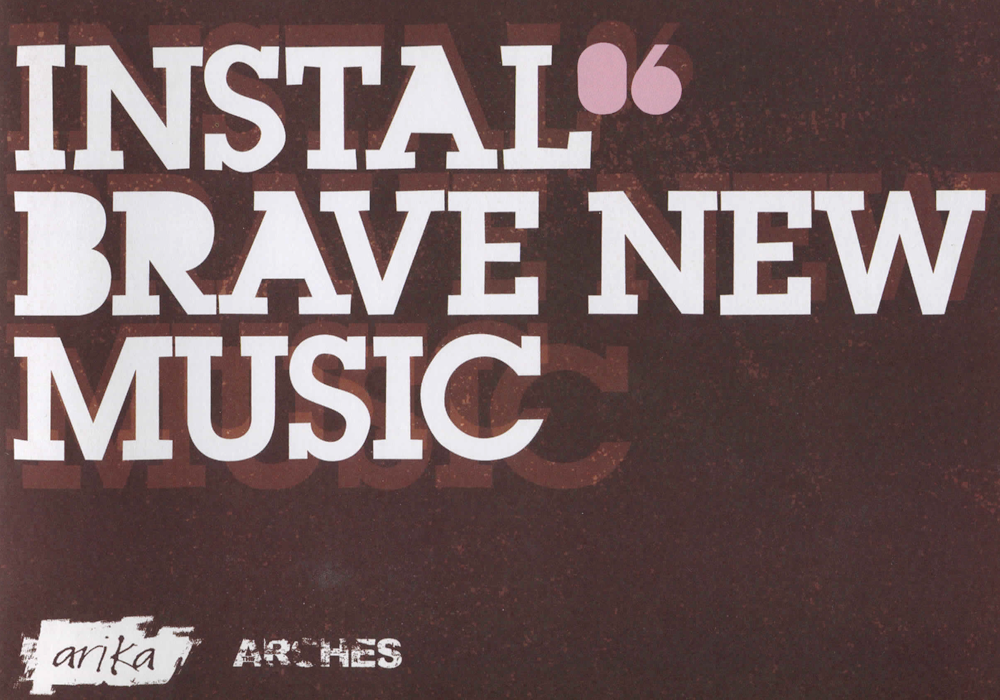
Jandek
Jandek Alex Neilson Richard Youngs
Jandek’s second ever live performance, and the first to be advertised in advance.
Arika have been creating events since 2001. The Archive is space to share the documentation of our work, over 600 events from the past 20 years. Browse the archive by event, artists and collections, explore using theme pairs, or use the index for a comprehensive overview.

Jandek’s second ever live performance, and the first to be advertised in advance.

The Tower performance at KYTN throws into that mix the 70’s fluxus light shows and films of Jeff Perkins and other filmic interventions tuned to their unique frequency.

Simon Morris is joined by Nick Thurston as they attempt to read aloud whilst peddling on exercise bikes.

With Taku we’ll carry out some simple proposals for doing almost nothing, for re-thinking sound with whatever comes to hand.

Over 3 days Episode 8 celebrates all the unruly ways we escape attempts to constrain us, tear down the walls of normative culture and build joy in flight.

Three (thankfully short) chats wherein we try and get at what’s eating us with regards to experimental music, and what we think might be worth salvaging.

How do we sense entanglement? Can the knotting of ropes according to a poem’s rhythm make the social pulse of language matter?

A panel exploring how to dismantle the master’s house — its material edifices and ideological architecture — and the construction of abolitionist futures in the present.

The 2006 INSTAL festival saw a broad selection of artists that included Blood Stereo and Ludo Mich, Ellen Fullman and Sean Meehan, Keiji Haino and Tony Conrad and a specially created performance by Maryanne Amacher.

A performance by Storyboard P – one of the greatest Afrofuturist dancers on the planet.

On the birthday of Marsha P. Johnson, this event brings together several elements that celebrate the radical care and kinship characteristic of the Trans revolutionary.

Haunted by the archive of the New Cross Fire, Jay Bernard presents a film and poetry reading that undertakes a queer exploration of black British history, reconstructed from archives and apparent debris.